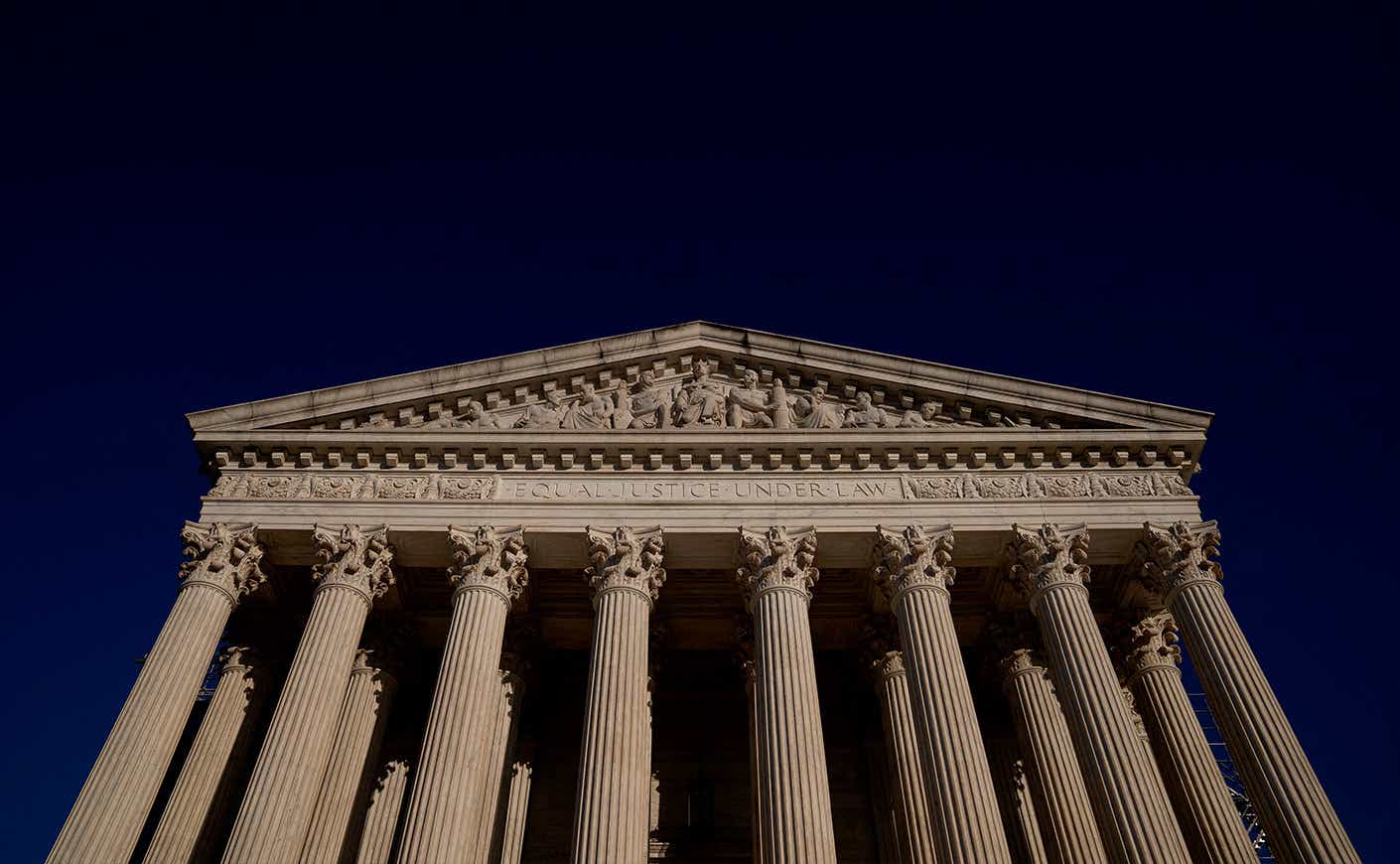The Supreme Court decided on Wednesday to hear two big cases in the coming months. One could have major implications for former President Donald Trump and his Jan. 6 defense, while the other has the potential to dramatically restrict abortion access. Here’s a primer on both:
Supreme Court to weigh obstruction law at heart of Trump’s Jan. 6 case
The Supreme Court will rule on the scope of a federal law that’s been used to charge hundreds of people at the Jan. 6 riot — and former president Donald Trump. The law prohibits the obstruction of an official proceeding, like the certification of the 2020 presidential election.
It was created nearly 20 years ago, after Enron’s collapse, when employees for the company shredded reams of potentially incriminating documents ahead of a Congressional investigation. The Corporate Fraud Accountability Act makes it a crime to alter, destroy, or hide records that could be used in an official proceeding — or to otherwise obstruct it.
Defense lawyers have argued that the law is limited in scope, asserting that it's meant to prevent the sort of document tampering that impedes corporate malfeasance probes and should not apply to what happened at the Capitol. Lawyers for Joseph Fischer, a former Pennsylvania cop who's accused of being a rioter, moved to dismiss an obstruction charge on these grounds, and a federal judge sided with that point of view. The U.S. Court of Appeals for the D.C. Circuit disagreed, however, and reversed the decision. That’s when Fischer, along with two other defendants, asked the high court to weigh in.
If the Supreme Court decides that the obstruction law can’t be used to prosecute the Jan. 6 rioters, it would likely invalidate the dozens of convictions the government has already secured. It would also nullify at least one of the charges Trump faces, the Washington Post reports, and may possibly delay his trial, which is scheduled for March.
The Supreme Court will hear arguments on abortion drug mifepristone
The Biden administration and the makers of mifepristone have asked the court to overturn a lower ruling that would make it harder to obtain the drug. Mifepristone is part of a two-drug regimen that’s used for more than half of all abortions in the U.S.
The clash over the abortion pill began when a group of anti-abortion doctors sued in Texas, claiming that the FDA did not consider all the safety concerns when it first approved the drug in 2000, or when the agency made it easier to access years later. They won their case, which suspended FDA approval of the medication. (The Supreme Court has since determined that the existing rules governing the drug should remain in place while litigation continues.)
The U.S. Court of Appeals for the Fifth Circuit reversed part of that ruling, but agreed to block some of the agency’s more recent changes — like allowing patients to get the drug by mail or using it through 10 weeks of pregnancy.
Abortion providers say that if mifepristone is restricted, the second drug in the regimen, misoprostol, can be used on its own. But when done so, it causes more bleeding and cramping — and it could eventually be targeted in court, too.
The Supreme Court will hear arguments on the obstruction case in March or April, and are expected to decide by early summer. Oral arguments for the mifepristone case will begin early next year, with an expected ruling by the end of June.









